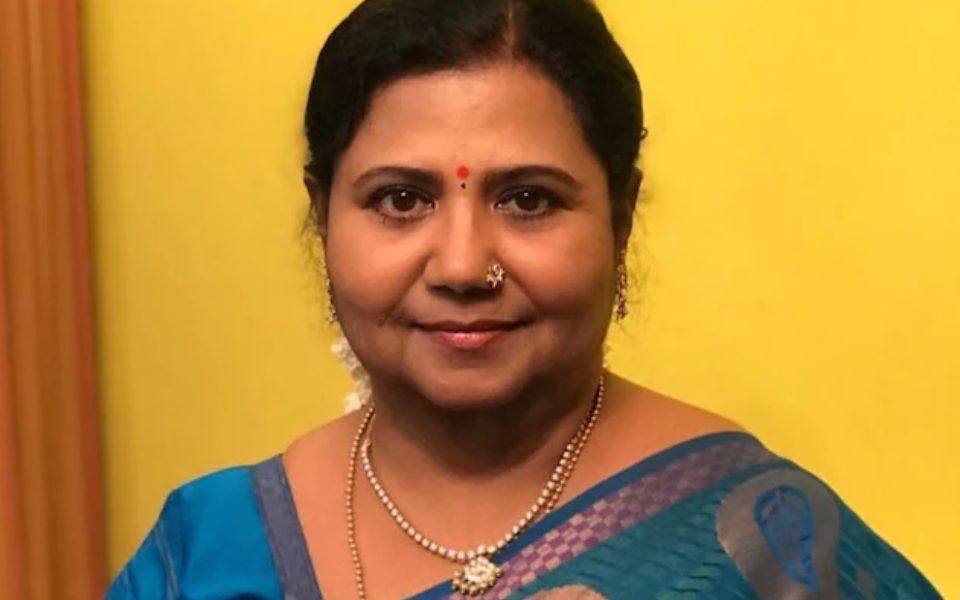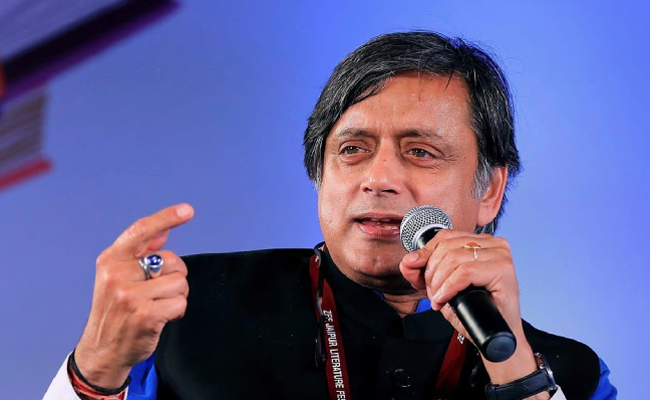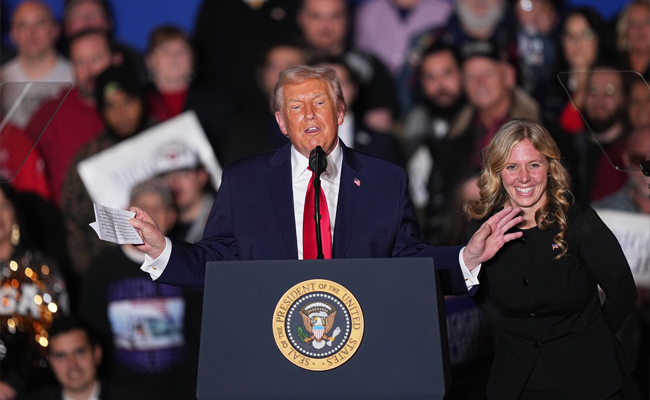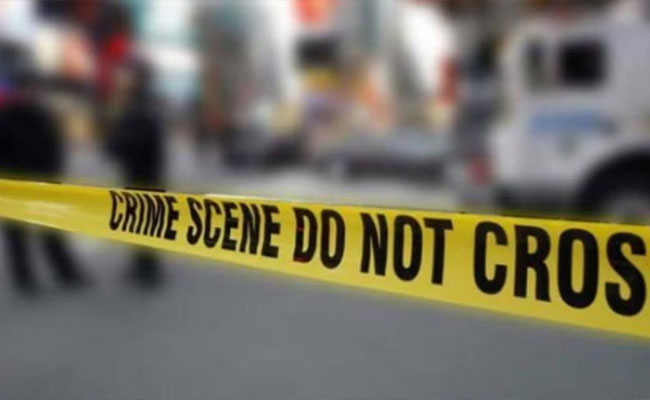Chennai: As the Malayalam film industry faces intense scrutiny amid allegations of sexual abuse, popular actor and television producer Kutti Padmini has now brought similar accusations to light within the Tamil television industry.
In an interview with NDTV, Padmini revealed that directors and technicians in the Tamil television industry often demand sexual favours from female artists. She noted that many women do not speak out about these abuses because proving sexual harassment can be difficult. Furtermore, Padmini also alleged that many women "have committed suicide" over it. "This is a profession like any other—doctors, lawyers, IT person. Why it has to be a flesh trade? It is very wrong," she asserted.
Padmini highlighted the negative repercussions faced by those who come forward with complaints. She pointed out that they are often blacklisted by the industry, citing the examples of singer Chinmayi and actor Sri Reddy. Chinmayi faced a ban imposed by actor Radha Ravi after she supported individuals who had accused him, with the ban justified on the grounds of her not renewing her membership. Similarly, Sri Reddy was denied a membership card for the actors' association, effectively preventing her from working in television serials.
Padmini also noted that investigations into sexual harassment allegations within Tamil cinema have made little progress. She criticised statements from figures like actor-turned-politician Suresh Gopi, who has reportedly questioned the availability of proof. "How can anyone provide proof? They can do lie-detector test like the CBI is doing," she suggested.
Kutti Padmini also shared that she experienced sexual harassment as a child artist. "I was thrown out of a Hindi film when my mom raised the issue," she said, highlighting the challenges in gathering evidence against perpetrators.
Let the Truth be known. If you read VB and like VB, please be a VB Supporter and Help us deliver the Truth to one and all.
New Delhi (PTI): Congress leader Shashi Tharoor on Saturday, while lauding the win of the UDF in Kerala local bodies elections, also congratulated the BJP for its historic performance in his Thiruvananthapuram constituency, calling it the "beauty of democracy".
In a post on X, he said the people's verdict must be respected, whether for the UDF overall or for the BJP in his constituency.
"What a day of amazing results in the Kerala local self-government elections! The mandate is clear, and the democratic spirit of the state shines through.
"A huge congratulations to @UDFKerala for a truly impressive win across various local bodies! This is a massive endorsement and a powerful signal ahead of the state legislative elections. Hard work, a strong message and anti-incumbency have all clearly paid off to achieve a much better result than in 2020," Tharoor said.
He said he also acknowledges the historic performance of the BJP in Thiruvananthapuram, and "offer humble congratulations on their significant victory in the city corporation - a strong showing that marks a notable shift in the capital's political landscape."
Tharoor said he campaigned for a change from 45 years of the LDF "misrule", but the voters have ultimately rewarded another party that also sought a clear change in governance.
"That is the beauty of democracy. The people's verdict must be respected, whether for the UDF overall or for the BJP in my constituency.
"We will continue to work for the betterment of Kerala, advocating for the people's needs and upholding the principles of good governance. Onwards and upwards!" Tharoor, who is the MP from Thiruvananthapuram, said.
The lotus bloomed in the state capital as the BJP-led NDA achieved a resounding win in the polls for the Thiruvananthapuram Corporation, snatching it from the CPI(M)-led LDF and marking an end to 45 years of continuous Left rule in the local body.
The win in the Thiruvananthapuram Corporation will act as a boost for the BJP in the 2026 Assembly polls, especially in the state capital.
Of the 101 wards in the Thiruvananthapuram Corporation, the BJP won 50, LDF 29, UDF 19 and two wards were won by independent candidates.
The BJP is one seat short of a decisive majority in the corporation.
Besides this, the NDA retained the Palakkad municipality after a close battle with the Congress-led UDF and wrested the Thrippunithura Municipality from the grand old party.
In Thrissur, from where Suresh Gopi won in the Lok Sabha polls last year, the BJP won 18 out of the 46 wards in Kodungallur Municipality, eight in Thrissur Corporation, two each in Guruvayoor and Vadakkancherry municipalities, seven in Kunnamkulam Municipality, six in Irinjalakuda Municipality and one in Chalakudy Municipality.





